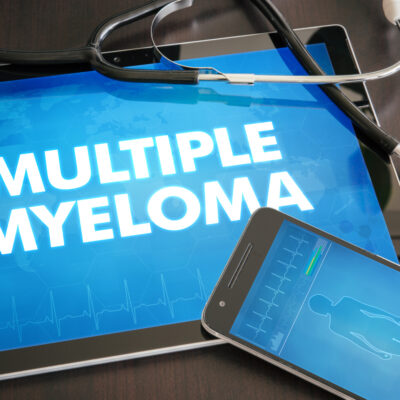
The Most Essential Vaccinations
By nature, vaccinations or immunizations help protect us from the risk of certain illnesses (i.e., pneumonia, influenza, hepatitis C, and meningococcal meningitis, etc.). In other cases, we may require certain vaccinations in order to prevent certain diseases as we age, when traveling, due to our job circumstances, existing health, or if our lifestyle exposes us to certain illnesses. Although many of us equate vaccinations with children, many adults require a first time immunization.
Others may require a re-vaccination, or what’s known as a “booster” as effectiveness may diminish with time. Despite much controversy, vaccines have been shown by health professionals to be the safest protection against disease transmission. Remember, getting vaccinated is always a safer option compared to the risk of contracting the actual disease:
1. Meningitis vaccine
Meningococcal vaccines aim to safeguard individuals from bacterial meningitis infection. Each vaccination contains trace amounts of annihilated meningococcal bacteria, meant to help the body recognize the foreign antibodies and identify them for destruction if exposure should occur. Meningitis causes the inflammation of the protective tissues surrounding the spinal cord and brain. According to the National Advisory Committee on Immunization (NACI), the following populations should get a Meningococcal Quadrivalent or a Meningococcal C Conjugate (Men-C) vaccine to protect them against meningitis transmission:
- Any individual exposed to meningococcal disease outbreak.
- Children between 2-months and 11-years of age (see State health guidelines).
- Children and young adults 12-years to 24-years old should get a booster
- Travellers to Egypt, Gabon, Syria, Pakistan, Mongoli, Taiwan, Uzbekistan, Georgia, Russia, and Latvia, and any other countries where hep C is prevalent.
- Military and laboratory workers.
- Patients with a history of HIV, immo-deficiency conditions, sickle cell disease, and who’ve had their spleen removed.
2. Hepatitis C cure
Hepatitis C is a bloodborne virus that causes acute hepatitis C infection in a mere one fifth of patients. Most often, the body is able to safely clear the body of hep C virus without any treatment. However, for patients unable to get rid of the virus on their own before it becomes chronic hep C infection (usually within 6-months time), a shot is required. This is not a vaccine per say; instead the hepatitis C (or HCV) infection is eradicated with a mixture of antiviral drugs (i.e., Olysio, Harvoni, Viekira Pak, and Sovaldi). In 90 percent of cases, these antiviral medications completely cure any trace of HCV infection. Individuals most at risk for contracting HCV infection include:
- Intravenous drug users.
- Patients who underwent a blood transfusion or organ transplant prior to 1992.
- Anyone exposed to unsterilized tools or equipment used in tattooing, dental or medical procedures, acupuncture or dialysis.
3. Pneumonia vaccine
According to the American Geriatrics Society’s Health in Aging Foundation, the pneumonia vaccination is recommended for adults 65-years of age and older. This vaccine protects patients from contracting pneumococcal bacteria, which can lead to pneumonia, spinal cord and brain infections (i.e., meningitis), severe blood infection (i.e., bacteremia), emergency hospitalization, and even death in some cases. The pneumonia vaccine comes in two forms: pneumococcal polysaccharide vaccine (PPSV)23 and pneumococcal conjugate vaccine (PCV)13.
4. Influenza immunization
The influenza immunization, commonly referred to as the flu shot, safeguards against prevalent influenza viruses. It is administered on a yearly basis as new strains of the flu develop. Although the Centers for Disease Control and Prevention (CDC) recommend everyone get a flu shot when it’s available at local flu shot and health clinics each fall; they place importance on the following populations:
- Children 6-months old and older.
- Seniors 65-years and older.
- Caregivers of children and older adults.
- Patients with existing diabetes, HIV, lung disease, asthma, and cardiovascular disease
- Those residing in a hospital or nursing home.
You shouldn’t get a flu shot if you’ve been diagnosed with Guillain-Barre Syndrome (which is a rare neurological and autoimmune disorder), have an egg allergy, or if you have suffered an allergic reaction to a flu shot in the past.


